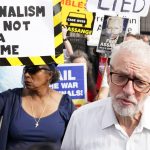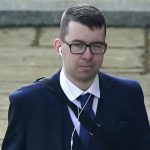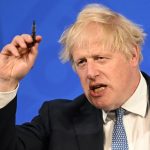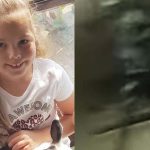The government has confirmed it is launching a statutory inquiry into the case of killer nurse Lucy Letby.
Health Secretary Steve Barclay said the inquiry will “examine the cases’ wider circumstances”, including “the conduct of the wider NHS”.
In a statement to the House of Commons on Monday, the minister also confirmed it will be led by the experienced High Court judge, Lady Justice Kathryn Thirlwall.
Letby, 33, was last month convicted of the murder of seven babies and the attempted murder of six more while working as a neonatal nurse.
She was sentenced to 14 whole-life orders – meaning she will never be released from prison.
Following Letby’s sentencing last month, the government announced an inquiry.
Ministers had previously said that “after careful consideration”, a non-statutory inquiry into the circumstances at the Countess of Chester Hospital “was found to be the most appropriate option”.
However, Mr Barclay said last Thursday that the inquiry would be given statutory powers – allowing it to compel witnesses to give evidence.
He confirmed the move in a statement to the House of Commons on Monday.
In the statement, the minister said: “I cannot begin to imagine the hurt and suffering these families went through.
Be the first to get Breaking News
Install the Sky News app for free
“And I know, from my conversations with them last week, that the trial brought these emotions back to the surface.
“Concerningly, they were exacerbated by the fact the families discovered new information about these events, concerning their children, during the course of the trial.
“We have a duty to get them the answers they deserve, to hold people to account, and to make sure that lessons are learnt.
Please use Chrome browser for a more accessible video player
“That is why on the day of conviction I ordered an independent inquiry into the events at the Countess of Chester Hospital, making clear the victim’s families would shape this.”
Mr Barclay said the families had “made it clear” to him that they wanted a statutory inquiry, with the “power to compel witnesses” to give evidence under oath.
“That is why I’m confirming this to the House today,” he added.






















